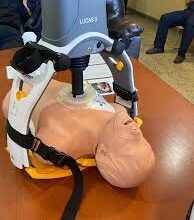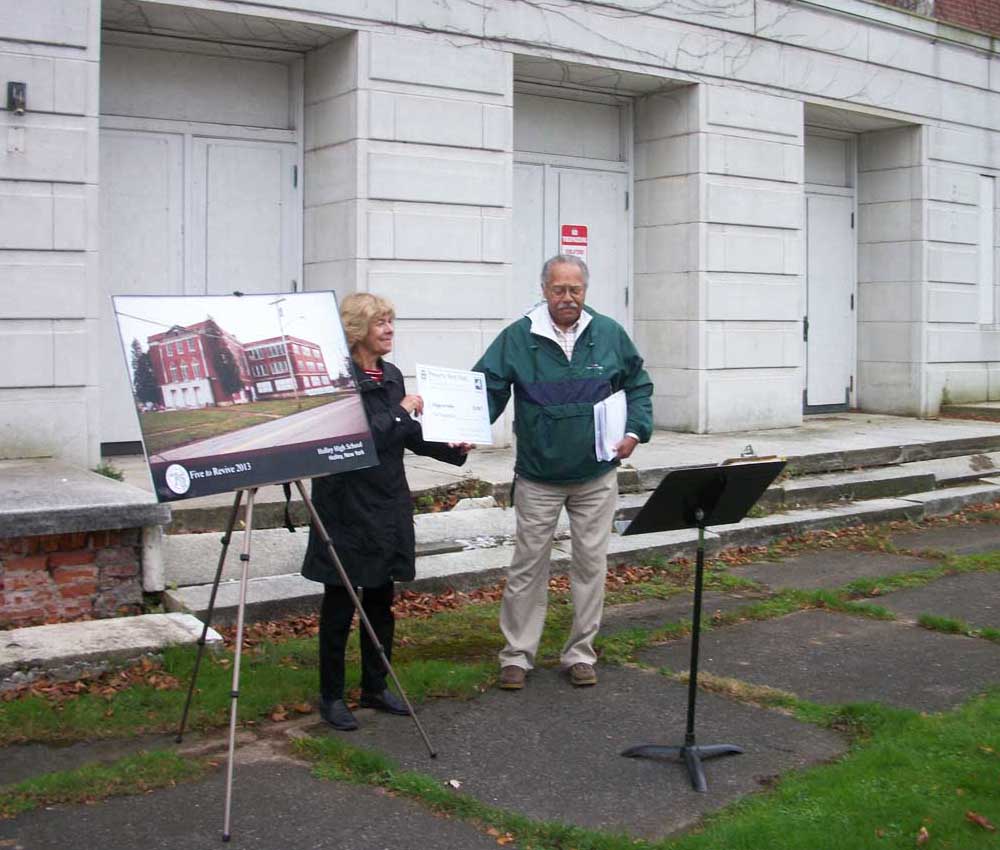Paying farmers for sustainable agriculture

What comes to your mind when you hear the term ‘regenerative agriculture’? What key factors play a role in soil quality improvement? What financial tools can help shift conventional agricultural practices to more sustainable ones? These questions are a focus of the project aiming to create innovative financial tools to incentivize farmers’ adoption of regenerative farming practices.
Led by led by Cornell’s Atkinson Center for Sustainability and funded by the Great Lake Protection Fund (GLPF), it covers 21 counties in Great Lake Region. The Monroe County Cornell Cooperative Extension Agriculture Program has been involved since the project’s early days in 2021 but recently, their Agriculture Program educator has become a project coordinator.
At the beginning, the research team members travelled across the region visiting farmers. They wanted to learn what soil health practices are currently in use, how financial instruments are currently utilized in the agricultural sector and what can be done to better support a transition to more regenerative agriculture.
A wide range of financial tools were considered but a pay-for-performance approach seemed to be the most viable option. This led to inception of the New York Outcomes Fund (NYOF) launched this year.
The NYOF will compensate farmers for positive environmental results, including greenhouse gas reductions and water quality benefits produced when farmers implement regenerative practices such as cover crops. Incorporating the cover crops into the seeding plan helps reduce erosion, improve soil health, water quality, and carbon sequestration. But cover cropping requires upfront costs, including seed purchase and fuel. The New York Outcomes Fund seeks to underwrite some of those costs and incentivize farmers to try practices that have been shown to improve soil health and eventually increase farm yields, while protecting the environment.
Initially, the NYOF received funding to enroll 1,000 acres into the pilot program, but with additional financial support from Cargill, the program can now enroll 10,000 acres.
Although just a pilot year, the farmers’ early responses have been positive and interest high. In collaboration with New York Corn and Soybean Grower Association and Soil and Water Outcomes Fund, the team has enrolled nearly 7,300 acres since April.
Given the farmers’ high interest and the pilot progress, the enrollment could grow by an order of magnitude next year again and support New York’s desire to lead the nation in sustainable agriculture. To learn more about NYOF and how to enroll, go to https://www.nyoutcomesfund.com.
For more information about agricultural programs at CCE Monroe, please contact Jarmila Haseler at 585-753-2565 or email jh954@cornell.edu.
Provided information





